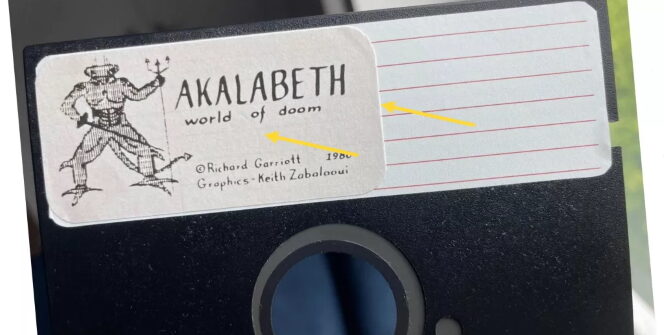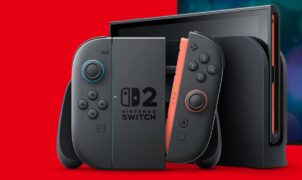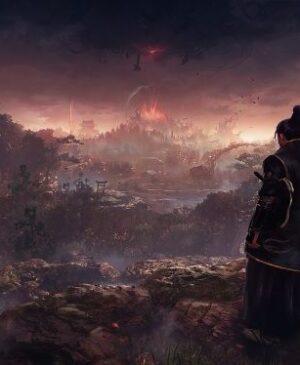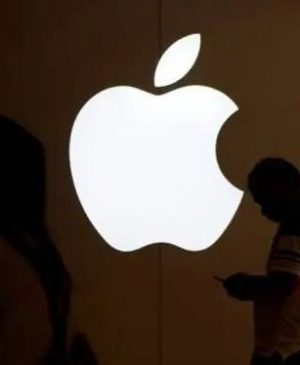An in-depth investigation has uncovered suspected counterfeiting of rare, expensive games, including Akalabeth, Temple of Apshai and many other titles.
The PC boxed game collecting community was shocked to discover that a well-known retailer was allegedly selling counterfeit copies of rare, expensive video games, some of which were being bought for thousands of dollars.
According to the timeline of the Facebook group Big Box PC Game Collectors, which has around 6,100 members, the case came to light when Kevin Ng, the group’s administrator, received copies of Akalabeth, the first game by Ultima creator Richard Garriott, the 1979 dungeon crawler Temple of Apshai, and the Japanese edition of Mystery House from another well-known collector, Enrico Ricciardi, a former moderator of the group. A thorough examination of the games revealed that they were probably fakes. When Ricciardi was confronted, he allegedly “hinted” that Akalabeth was indeed a fake and suggested that it be destroyed.
Ng contacted other members of the collecting community and found that the problem was widespread: an “exhaustive investigation” revealed that several other members of the group had received what appeared to be counterfeit games from Ricciardi.
Ricciardi denies that he ever knowingly sold counterfeits.
Dominik R., a member of the Big Box PC Game Collectors, who says he was sold counterfeits, shared pictures of his Ultima collection, now suspected to be fake, on Twitter.
This is no small debate over a table at the local swap meet. Copies of rare toys can sell for a lot of money to deep-pocketed collectors.
In his 2013 Kickstarter project for Shroud of the Avatar, for example, Garriott offered up to 20 copies of Akalabeth as rewards to backers at the $10,000 level. Nine were sold.
“[Pricing] depends on many factors,” explained a Big Box PC Game Collectors moderator who requested anonymity. “Is this one of the original set that Garriott released? Is it a recent new version for the C64? Does it have all its original components in good condition or just the disk? Is it autographed? Does it have established provenance? The answer is $500 to infinity, depending on provenance or conditions.”
According to Big Box PC Game Collectors administrators, at least €100,000 worth of suspected counterfeit transactions have been identified so far.
Including complete game boxes, manuals, registration cards, inserts, labels and more. The suspected counterfeiting incidents date back to 2015 and involve early releases from Sierra and Origin Systems, in addition to Akalabeth, Temple of Apshai and Mystery House.
Distinguishing between counterfeit and genuine game releases is a tricky task, involving close examination and comparison of minute details of packaging and carriers. One of the biggest challenges in establishing the authenticity of old games is that in the early 1980s when games were often shipped in zipper bags and instructions were printed on old matrix printers, the production quality varied widely, the team says. “What seems to be sloppy production methods or just photocopied paper in plastic bags was indeed the very beginning of our industry,” group members say.
Garriott himself alluded to this difficulty on Twitter, saying it was possible the games were legal “but pirated versions”.
Source: Big Box PC Game Collectors (Facebook)
This used to be the center pieces of my collection. Rare and expensive old games.
Now it turns out I‘ve been scammed and sold forgeries by a well known figure in the Ultima and tetrogames community. Along with many others#ultima #akalabeth @RichardGarriott pic.twitter.com/wuiAQPSuG2— Dominus of Exult (@Dominus_Exult) May 30, 2022
















Leave a Reply